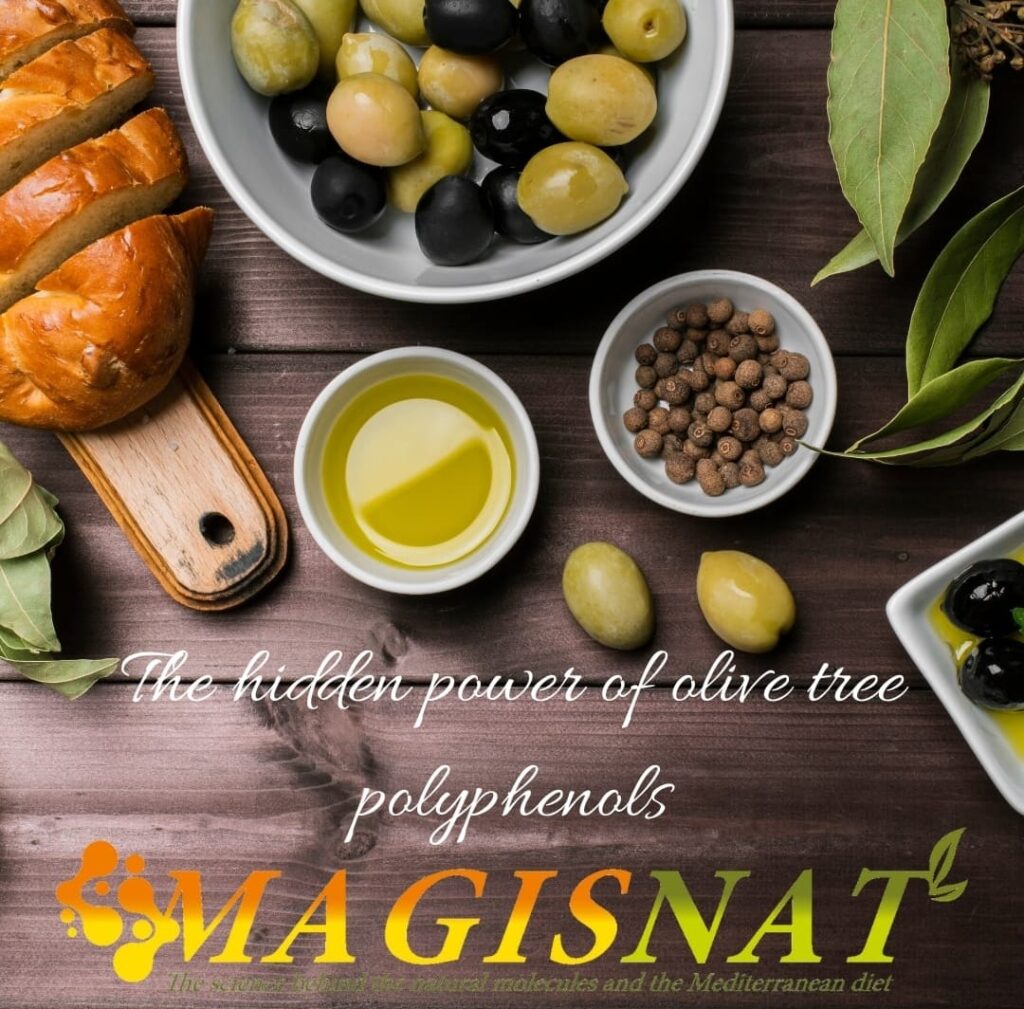
Cancer is a leading cause of death among women worldwide. While genetics plays a role in cancer risk, lifestyle factors such as diet are also important determinants. The Mediterranean diet is a dietary pattern rich in fruits, vegetables, legumes, nuts, whole grains, fish, and olive oil. Several studies have shown that adherence to the Mediterranean diet is associated with a lower risk of cancer. Nutritional genomics is a field that studies the interaction between nutrients and genes, and how this interaction affects health outcomes.
A number of studies have investigated the association between the Mediterranean diet and cancer risk. A meta-analysis of 12 cohort studies found that higher adherence to the Mediterranean diet was associated with a reduced risk of overall cancer incidence and mortality. Similarly, a prospective study of over 25,000 women found that higher adherence to the Mediterranean diet was associated with a lower risk of breast cancer.
The protective effect of the Mediterranean diet against cancer may be due to several factors. The diet is rich in antioxidants, which can help prevent oxidative damage to DNA, a known risk factor for cancer. Additionally, the Mediterranean diet is high in fiber, which may reduce the risk of colorectal cancer. The diet is also low in red and processed meat, which are associated with an increased risk of colorectal cancer.
Nutritional genomics is a field that studies the interaction between nutrients and genes, and how this interaction affects health outcomes. One aspect of nutritional genomics is the identification of genetic variations that influence an individual’s response to dietary interventions. This information can be used to develop personalized dietary recommendations.
**DISCLAMER: it is impostant to note that this article does not intend to provide medical advice, and the purpose of the summary of scientific bibliography is cultural insight. The article does not suggest that olive tree polyphenols or dietary supplements have therapeutic or preventive properties for any disease or condition. It is not intended as advice to use the olive tree or its derivatives in any modality or for any purpose. Only a physician and/or nutritionist can provide advice in the areas of nutrition, prevention, and health.
Media Contact
Company Name: MAGISNAT
Contact Person: Matteo Bertelli MD, PhD
Email: Send Email
Address:Atlanta Tech Park 107 Technology Parkway Suite 801
City: PEACHTREE CORNERS
State: GA 30092
Country: United States
Website: https://www.magisnat.com/




